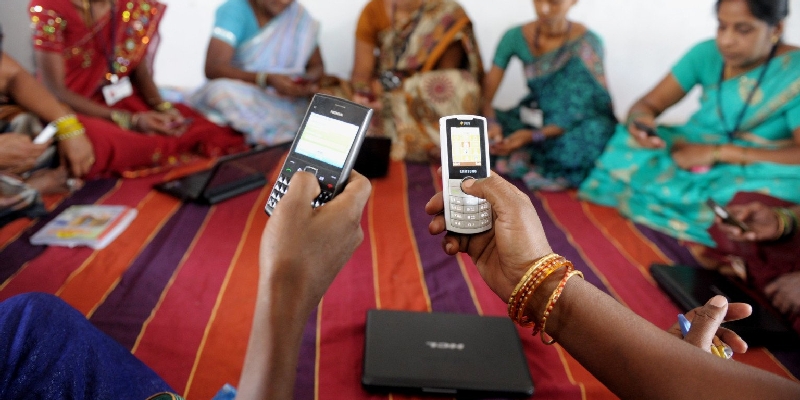According to the interim Budget 2014-15 presented in Lok Sabha, the government has proposed an uniform excise duty of six per cent on all handsets across all price bands, to encourage the domestic production of mobile phones and reduce the dependence on imports.
Presenting the interim Budget 2014-15 in the Lok Sabha, Finance Minister P Chidambaram is of the opinion that more funds need to be allocated to the telecom sector and announced a restructuring of excise duty on mobile handsets for all categories to six per cent.
“To encourage domestic production of mobile handsets (which has declined) and reduce the dependence on imports (which have increased), I propose to restructure the excise duties for all categories of mobile handsets,” Finance Minister P Chidambaram said while presenting the Interim Budget 2014-15. “The rates will be 6 per cent with CENVAT credit or one cent without CENVAT credit,” he added.
While, the move is welcomed by many high-end mobile companies, the proposal may not seem lucrative for many low-end phones, especially those which are priced below Rs 2,000. The proposal to levy an uniform excise duty of six per cent will in fact, bump up the cost of cheap handsets. As part of last year’s budget, the government had raised the excise duty to six per cent on all handsets priced above Rs 2,000. But with the latest proposal, all phones will now be charged with the uniform six per cent excise duty, which will raise the cost of sub-Rs 2,000 handsets by up to Rs 60. Furthermore, the proposal to give sops to domestically manufactured phones also received a lukewarm response as majority of the handsets, including those of homegrown firms like Micromax, Karbonn, etc. are all shipped from abroad.
Commenting on the budget proposals, Nokia India managing director P Balaji said the proposed incentives for the mobile phone industry are some steps to encourage domestic production of mobile handsets in the country.” However, the beneficial CVD (special countervailing duty) rate of 1 per cent as proposed in the budget speech, does not extend to mobile phone manufacturing operations set-up within SEZs and EOUs, as the clearances by these units to the domestic tariff area are treated at par with physical imports into India.” P Balaji said in a statement. This will therefore exclude larger manufacturers like Nokia, which account for a major part of domestic production, from availing the benefit, he added.
Overall, the said proposal of uniform excise duty on handsets across all price bands could prove to be a visionary step towards increasing the cost of imported mobile phones, which in turn could lead to ramping up of domestic manufacturing. The move may encourage all vendors, especially large international players to evaluate India as a manufacturing destination and result in FDI as well as job creation. In short, the proposed uniform excise duty could be the much needed shot in the arm for domestic manufacturing of a critical consumer category.





